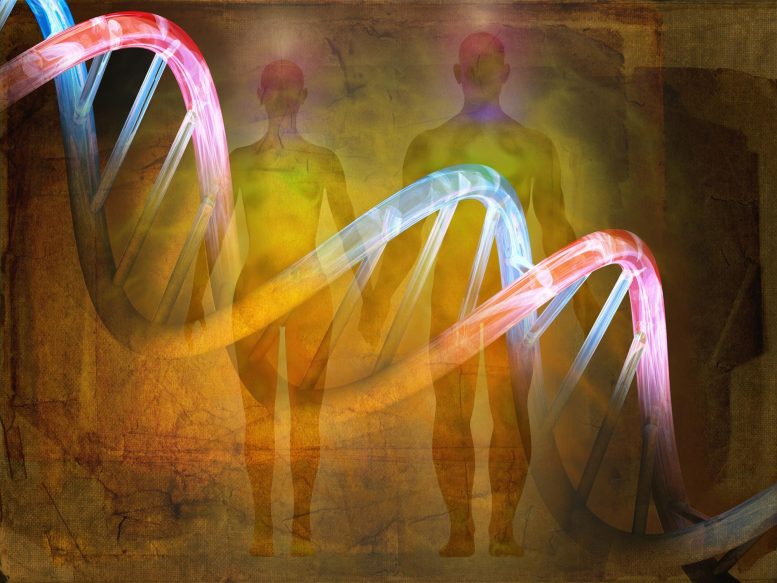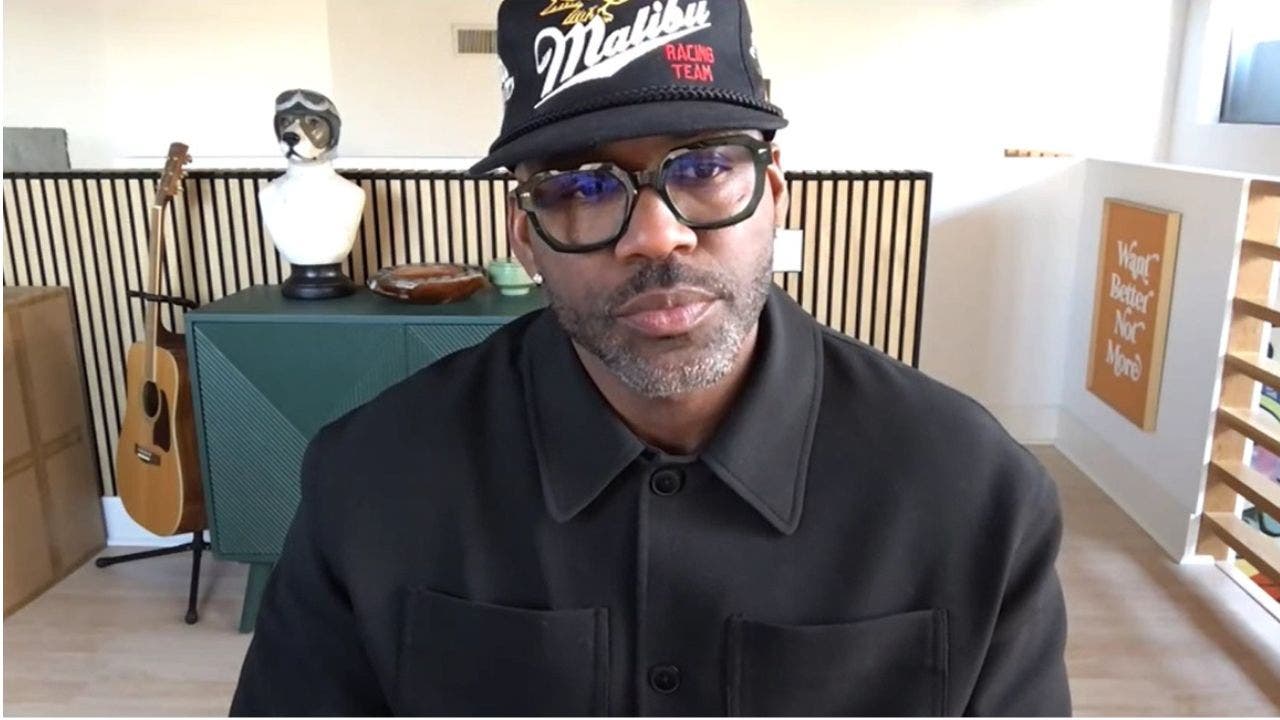As a high schooler in Maine, Samantha Montano volunteered with fellow students to rebuild houses in New Orleans after Hurricane Katrina. It was her first real experience seeing the aftermath of a large natural disaster.
“I really had no concept of how complicated the recovery process was going to be and how much help was going to be needed,” Montano said.
That experience motivated her to move to New Orleans and study sociology at Loyola University. There, she worked with disaster recovery nonprofits on Katrina recovery efforts and cleanup following the 2010 Deepwater Horizon oil spill. She traveled to Joplin, Mo., in 2011 to help the town rebuild after an EF5 tornado killed more than 150 people and destroyed large swaths of the area, and she aided in recovery efforts after smaller disasters across the South.
“As I went from disaster to disaster, I realized that the way in which we were approaching recovery across the country was very ineffective, very time-consuming, and inequitable,” she said. Nailing houses back together had an immediate effect on those displaced by disasters, but she felt that large-scale improvement needed to be made at the system level, too.
That work was the focus of Montano’s doctorate degree in emergency management from North Dakota State University. While in grad school, she began blogging about her research into how to make disaster recovery more efficient and equitable. Her Disasterology blog was initially meant to help friends and family understand her research, but it helped her realize that there was much about disaster recovery research that was opaque to the public.
“Everything from the building you’re sitting in to the way the roads have been designed to how the different parts of our towns and our societies are structured have all been done around various types of hazards.”
“Everything from the building you’re sitting in to the way the roads have been designed to how the different parts of our towns and our societies are structured have all been done around various types of hazards,” Montano said. “That’s all part of emergency management. It is inescapable.”
With climate change altering the strength, frequency, location, and types of hazards that every region experiences, emergency management and how it is communicated to the public are increasingly important, she said.
Montano is now an assistant professor of emergency management at Massachusetts Maritime Academy in Bourne. She teaches her students the ins and outs of the United States’ emergency management system, conducts research, and advocates for better emergency management policy at the state and federal levels.
She also recently cofounded Disaster Researchers for Justice, which brings together disaster scholars and justice advocates to work on reforming preparedness and response. The group came together after Hurricane Maria struck Puerto Rico in 2017 and fully formed after COVID-19 spread around the world. She and her colleagues saw how inequitable the response and aid distribution were for each of these disasters.
“When we do have these major events happen and there is an opportunity for us to advocate on policy issues and other things that are a part of those responses and recoveries, we can better mobilize to do that,” she said.
—Kimberly M. S. Cartier(@AstroKimCartier), Staff Writer
This profile is part of a special series in our August 2024 issue on science careers.














/https://tf-cmsv2-smithsonianmag-media.s3.amazonaws.com/filer_public/34/31/3431771d-41e2-4f97-aed2-c5f1df5295da/gettyimages-1441066266_web.jpg)






Discussion about this post